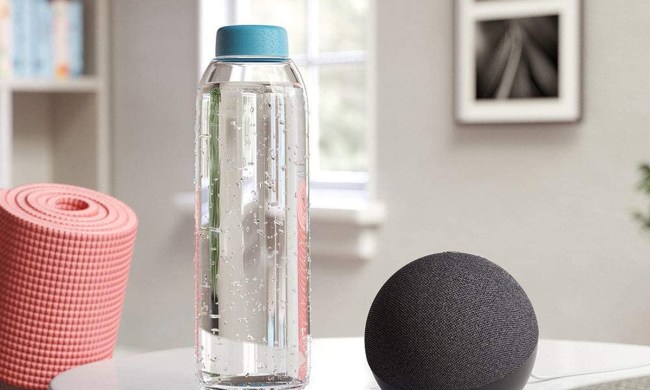
If it seems to you that Amazon’s voice assistant Alexa is pretty much everywhere these days, that’s for good reason. Amazon usually stays tight-lipped about any sales figures regarding its voice assistant and the many speakers and devices it comes installed in, but the company finally opened up to The Verge to announce that it has hit a new milestone. According to Amazon, there have been more than 100 million Alexa-enabled devices sold to consumers.
To be clear, that doesn’t mean there are 100 million Alexa-powered Echo speakers in the world. While those devices are the ones most commonly associated with Alexa and are probably the primary way you’d end up with the voice assistant in your home, the A.I. is actually in all sorts of other devices, including products from third-party manufacturers. With voice controls becoming more popular, the familiarity of Alexa makes it a relatively easy choice for companies to support when making smart devices.
Amazon is still mum on just what percentage of that 100 million figure is made up of the company’s own products. Amazon has a wealth of smart devices in its lineup at this point, including multiple generations of the flagship Echo speaker, the smaller Echo Dot, and a whole heap of other devices like the Echo Show and Echo Spot that includes a screen along with the voice assistant. Amazon rarely if ever gives out sales figures for those devices, though it was happy to take a victory lap to say its own Echo Dot was the best-selling item on Cyber Monday. The company had so much success with its like of Echo speakers that the devices were unavailable in some countries during the holiday season.
While Amazon doesn’t provide much by way of actual figures when it comes to Echo sales, there are plenty of third-party sources trying to quantify the popularity of the speakers and Alexa as a voice assistant. Strategy Analytics believes Echo speakers make up about 63 percent of the smart speaker market. However, Alexa owns just 13 percent of the voice assistant market according to Business Insider, in large part because it’s not the default on any phone. Smart home devices may be Amazon’s way to make up that ground, and it sounds like it’s making quite a bit of progress.


